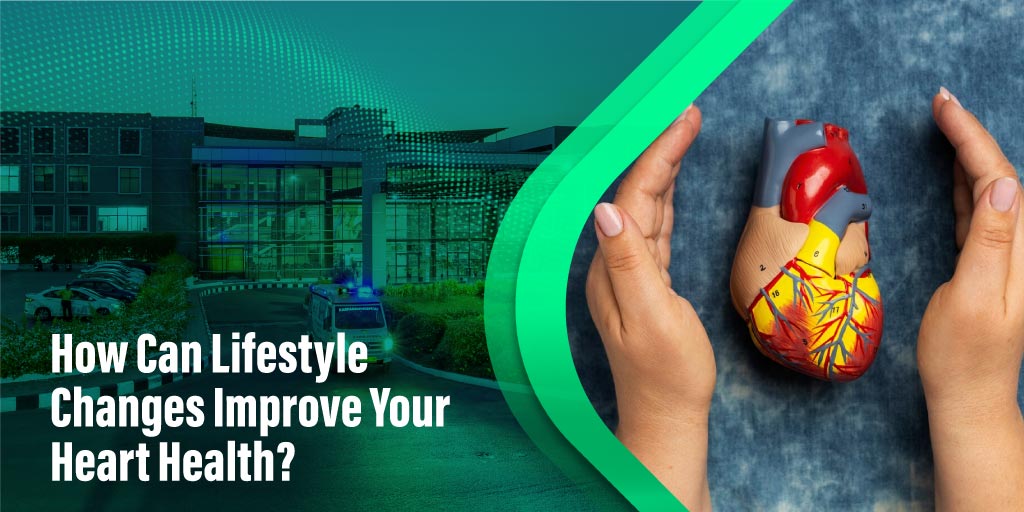Heart rhythm disorders often known as arrhythmias, occur when the heart beats irregularly, too quickly, or too slowly. Since these conditions might range from mild to life-threatening, it’s critical to comprehend their causes, signs, and treatments. Consulting the Best Cardiologist in Coimbatore can be essential for accurate diagnosis and effective management of arrhythmias.
Electrical impulses synchronize the heart muscle’s pounding, controlling the heart’s rhythm. The range of a typical resting heart rate is 60 to 100 beats per minute. When these electrical impulses fail to function, the heart beats irregularly, which is known as an arrhythmia.
Types of arrhythmias
Heart rhythm abnormalities come in a variety of forms, each having distinct traits:
- Atrial fibrillation (AFib): The most prevalent kind (AFib) is characterized by fast and irregular heartbeats in the atria (the upper chambers of the heart).
- Bradycardia: A heart rate that is slower than usual, usually less than 60 beats per minute.
- Tachycardia: An elevated heart rate, typically greater than 100 beats per minute.
- Premature Ventricular Contractions (PVCs): Abnormal cardiac rhythm is caused by extra heartbeats that start in the ventricles, the lower chambers of the heart.
- Ventricular fibrillation: Often known as VFib, is a severe and sometimes fatal arrhythmia in which the ventricles quiver rather than pump blood.
Symptoms of arrhythmias
Symptoms can vary depending on the type and severity of the arrhythmia, but common signs include:
- Palpitations (a feeling of a skipped heartbeat or fluttering)
- Dizziness or lightheadedness
- Shortness of breath
- Chest pain or discomfort
- Fatigue
- Fainting or near-fainting spells
Causes & Risk Factors
- Heart rhythm disorders can be caused by various factors, including:
- Heart disease: The electrical system of the heart can be harmed by conditions such as coronary artery disease, heart attacks, and heart failure.
- Electrolyte imbalances: Calcium, sodium, and potassium are minerals that are essential to the heart’s electrical activity. The heart’s rhythm can be disturbed by imbalances.
- Medication: Arrhythmias can be a side effect of several over-the-counter and prescription medications.
- Substance abuse: Recreational drugs, alcohol, and caffeine can cause arrhythmias.
- Genetics: Certain individuals are predisposed to arrhythmias from birth.
Diagnosis
- Arrhythmia diagnosis usually requires a number of tests and procedures:
- Electrocardiogram: A non-invasive test that captures the heart’s electrical activity.
- Holter monitor: A 24- to 48-hour wearable, portable electrocardiogram equipment used to identify sporadic arrhythmias.
- Event monitor: Used to record irregular heartbeats, this device is similar to a Holter monitor but is worn for a longer amount of time.
- Echocardiogram: An ultrasound used to examine the anatomy and physiology of the heart.
- Stress test: Tracks heart rate during physical activity.
- Electrophysiological study (EPS): An invasive procedure in which the heart is punctured to map electrical activity and identify the source of arrhythmias.
Treatment Options
The kind and severity of a heart rhythm disorder determine the course of treatment:
- Medication: Antiarrhythmic medications can assist in regulating cardiac rhythm and pace. In patients with AFib, blood thinners may be recommended to avoid blood clots.
- Lifestyle Modifications: Cutting back on alcohol and caffeine, giving up smoking, and learning to manage stress can all help prevent arrhythmia episodes.
- Cardioversion: An operation to return the heart’s natural rhythm using electrical shocks or medicines.
- Catheter ablation: A minimally invasive technique in which the arrhythmia is caused by tiny patches of heart tissue that are destroyed with catheters.
- Implanted gadgets: Implanted in the chest, pacemakers, and implantable cardioverter-defibrillators (ICDs) control or restore normal cardiac rhythm.
- Surgery: In extreme situations, a ventricular aneurysm or maze treatment may be required to correct arrhythmias.
Prevention & Management
Keeping a heart-healthy lifestyle and controlling risk factors are key to preventing cardiac rhythm disorders:
- Healthy diet: A diet consisting primarily of fruits, vegetables, whole grains, and lean proteins is recommended.
- Frequent exercise: Exercise enhances cardiovascular health and strengthens the heart.
- Weight control: Retaining a healthy weight lowers the chance of heart disease.
- Avoiding smoking and alcohol: Steer clear of smoke and heavy alcohol consumption as they both raise the chance of arrhythmias.
- Frequent check-ups: Going to the doctor on a regular basis can help monitor heart health and identify issues early.
Innovations and Research
The diagnosis and treatment of heart rhythm abnormalities are constantly being improved by technological and scientific advancements in medicine. Among the innovations are:
- Wearable technology: Apps such as smartwatches are able to track heart rate and identify abnormalities instantly.
- Cryoablation: A more recent method that employs extremely low temperatures to kill tissue that causes arrhythmias.
- Gene Therapy: The possibility of using gene therapy to treat hereditary arrhythmias is being investigated.
- Artificial intelligence: AI is being utilized to create more individualized treatment regimens and improved diagnostic instruments.
It’s important to spread awareness regarding heart rhythm disorders. Arrhythmias can have symptoms and risks that many people are unaware of, which delays diagnosis and treatment. Our Heart specialists in Coimbatore strive to enlighten the public and motivate those who are at risk to seek medical attention.
Heart rhythm problems are a serious global health issue that impacts millions of individuals. Understanding the various kinds, origins, indications, and available therapies is essential for proficiently handling these medical conditions. With continued study and technological developments in medicine, the outcome for those suffering from arrhythmias is getting better. Heart rhythm problems can be managed and prevented, improving the quality of life for individuals afflicted by them. This can be achieved through upholding a heart-healthy lifestyle, being informed, and seeking prompt medical attention.






